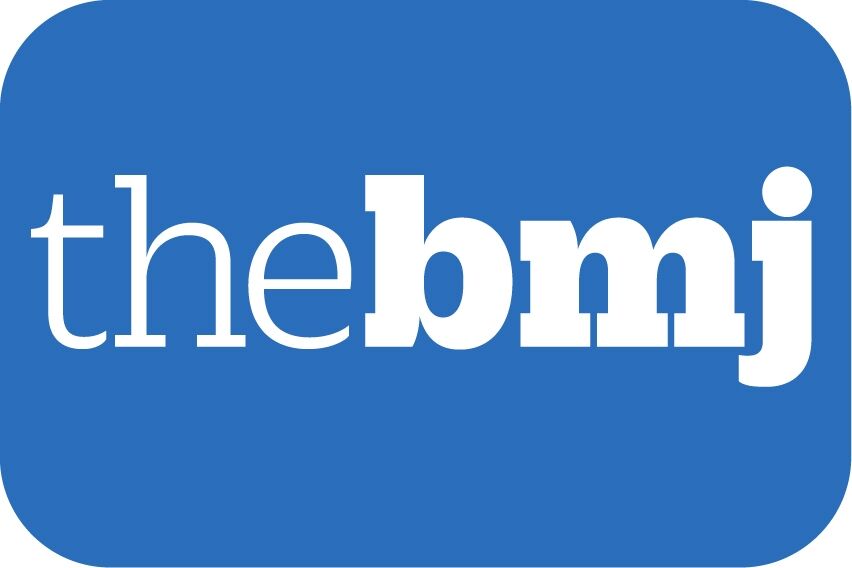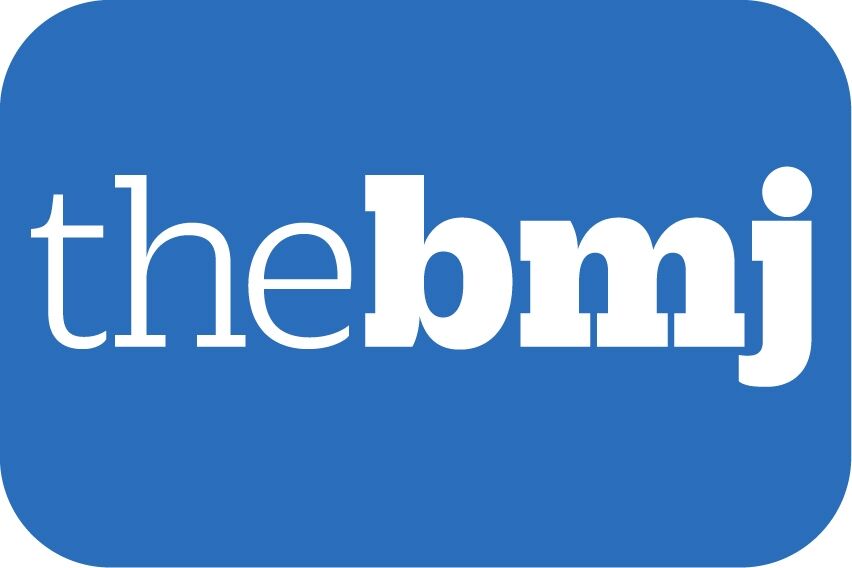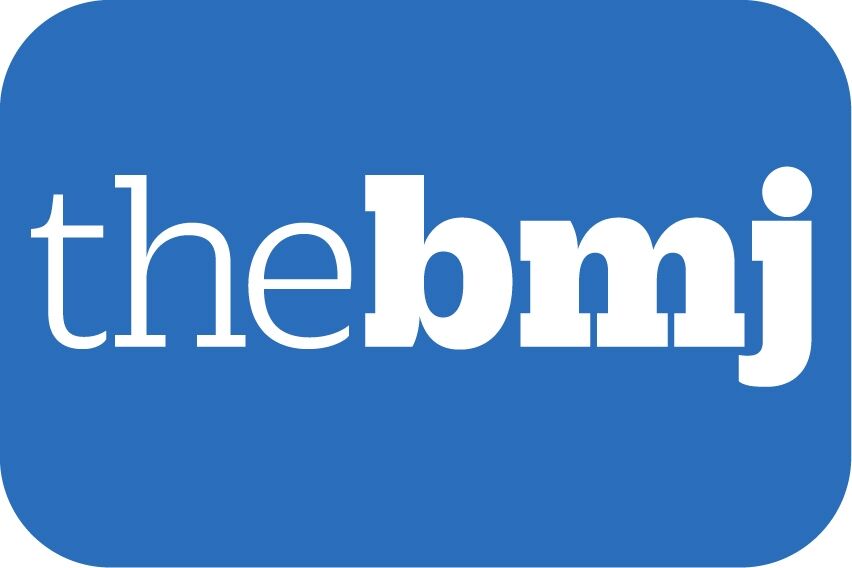内容精选
Content Selection
《英国医学杂志》主编推荐
The BMJ Editor's Choice
-

-
Better research flattens the J shaped curve
时间:2017-06-13
发布:Fiona Godlee, editor in chief,The BMJ
分享:
As you reach for your post-election glass of wine this weekend, or perhaps even something stronger, spare a thought for your brain. You may have been told that alcohol, when consumed in moderation, protects against dementia—an example of the workings of the famous “J shaped curve.” Sadly, as with cardiovascular health, the reported benefits of light to moderate drinking on brain health are now looking decidedly shaky.
This week Anya Topiwala and colleagues report their follow-up study of a cohort of 550 civil servants whose alcohol intake and cognitive function were repeatedly assessed over 30 years (doi:10.1136/bmj.j2353). At the end of the study participants also underwent magnetic resonance imaging of their brain. After adjusting for confounders, the authors found a dose dependent association between alcohol consumption, cognition, and atrophy of the hippocampus. Even moderate drinkers (classified as consuming up to 21 units a week for men) were three times as likely as abstainers to have hippocampal atrophy. Very light drinking (1-6 units a week) conferred no protection, and risks for drinkers clearly exceeded abstainers when intake reached 4 units a day.
Recommendations on safe alcohol intake have already been tightened because of evidence linking even light drinking to a raised risk of various malignancies. England’s chief medical officer now advises a maximum weekly intake of 14 units for men and women. As our editorialist Killian Welch explains (doi:10.1136/bmj.j2645), this new study strengthens the argument that drinking habits regarded by many as normal have adverse consequences for health.
Welch also explains that this better understanding of the effects of alcohol on health has much to do with improvements in research methods. Elsewhere in the journal we have a range of news on the continuing fight for better research. Agnes Dechartres and colleagues, after mapping over 20 000 randomised controlled trials in Cochrane reviews, conclude that standards of reporting and methods have improved over the past three decades (doi:10.1136/bmj.j2490). But real improvements are confined to higher impact journals.
Meanwhile on BMJ Opinion (http://blogs.bmj.com/bmj) Iain Chalmers and Paul Glasziou comment on the continuing scandal of unpublished research: “If 50% of mail we posted never arrived, the outcry would be considerable. Although current estimates are that about half of research goes unpublished, there is little outcry.”
And the International Committee of Medical Journal Editors, of which The BMJ is a member, reports on its new requirements for data sharing statements for clinical trials (doi:10.1136/bmj.j2372). These are less demanding than those put out for consultation a year ago (doi:10.1136/bmj.i255), and The BMJ already requires authors of randomised trials to commit to sharing their data (www.bmj.com/about-bmj/resources-authors/article-types/research).
But this combined action by the ICMJE shows the clear direction of travel. As the editorial says, “We envision a global research community in which sharing deidentified data becomes the norm.”
BMJ 2017; 357 doi: https://doi.org/10.1136/bmj.j2755 (Published 08 June 2017)
Cite this as: BMJ 2017;357:j2755 -

-
Red meat: another inconvenient truth
时间:2017-05-11
发布:Fiona Godlee, editor in chief,The BMJ
分享:
Evidence continues to emerge linking high meat consumption with increased mortality. This week Arash Etemadi and colleagues provide further support for the association (doi:10.1136/bmj.j1957). Their population based cohort study links high intake of red and processed meat with increased deaths from all causes and from nine specific ones.
Dietary epidemiology studies are of course fraught with pitfalls. At their worst they attract ridicule for supporting every conceivable association, fuelling public confusion and fake news. This week’s study is large, with more than 7.5 million American person years of observation, and it’s well done. Although its main findings are based on a single dietary assessment, a subgroup had two assessments done on separate occasions, and these associations were if anything stronger. Importantly, death rates were lower in groups who ate a higher proportion of fish and poultry than red meat.
In the accompanying commentary John Potter provides no comfort for anyone wanting to deny an inconvenient truth (doi:10.1136/bmj.j2190). “Overconsumption of meat is bad for health and for the health of our planet,” he says. It seems our ancestors ate meat at most once a week, consuming 5-10 kg a year. Modern diets in rich countries deliver more than 10 times this amount, with animal protein now providing up to a fifth of our energy requirements. The study suggests that haem iron in red meat and nitrate/nitrite in processed meat are among the culprits. But Potter says that the ill effects are likely to be caused in many different ways, including carcinogens caused by cooking, contaminants in animal feed, and reduced intake of plant based foods.
Nor is earlier death the only concern for human health, he says. A high meat economy brings with it accelerated sexual development and antibiotic resistance, together with shortages of food, and animal to human disease epidemics thrown in for good measure. As for the effects on the planet, water depletion, methane production, and pollution of air and groundwater are just the beginning. We must of course reduce the use of fossil fuels in transport, but livestock production outstrips this as a cause of climate change.
Potter outlines two possible courses of action. “As with many contemporary problems of resource overuse and maldistribution, we need to decide whether to act now to reduce human meat consumption or wait until the decay of sufficient parts of the global system tip us into much poorer planetary, societal, and human health.”
What can doctors do? We can lobby for more and better research to support clearer evidence based dietary guidelines. And we can lead by example, as our predecessors did with smoking cessation, by reducing our own red meat consumption. Your own suggestions are welcome.
BMJ 2017; 357 doi: https://doi.org/10.1136/bmj.j2278 (Published 11 May 2017)
Cite this as: BMJ 2017;357:j2278 -

-
Should doctors engage with counterterrorism?
时间:2017-04-27
发布:Fiona Godlee, editor in chief, The BMJ
分享:
Terrorists’ tactics have changed, and security services have had to change theirs in response. We are seeing fewer highly trained extremists carrying out carefully planned attacks and more lone actions by vulnerable people incited by internet propaganda. Last month’s attacks on Westminster Bridge and in Paris bear this out. But does this mean that doctors should change how they behave?
The government’s Prevent strategy puts a duty of care on NHS trusts to report people they think are at risk of committing terrorist acts. Actual rates of referrals are low, according to information obtained by The BMJ, but concerns about the effect of the strategy on patient care and confidentiality are running high (doi:10.1136/bmj.j1998).
Doctors interviewed by Anne Gulland are worried that the strategy is Islamophobic and will prevent patients from talking openly. They say that a system is already in place for them to raise concerns about potential for violent crime. And if they want to safeguard someone, a clear referral pathway keeps them informed of what happens to their patients afterwards. This does not seem to be the case with referrals to Prevent. Although most psychiatrists are well aware of the issues, training of other doctors is patchy and of poor quality.
The General Medical Council offers some reassurance. Prevent does not apply to individual doctors but to NHS trusts. Nor does it change how or when doctors should report any concerns. Updated GMC guidance outlines the circumstances in which doctors would be justified in disclosing information about patients in the public interest, such as in the prevention, detection, or prosecution of serious crime.
In an interview with The BMJ, Mark Rowley, the Metropolitan Police chief in charge of counterterrorism, says that he understands doctors’ caution. But he emphasises that this is not about surveillance (doi:10.1136/bmj.j1970). He draws parallels with safeguarding young people at risk from physical or sexual abuse, trafficking, or gangs. “If we are willing to share information and work together then we can keep this as a prevention response,” he says. “Waiting for people to try to commit serious offences then putting them in prison for ever is not as elegant a solution.”
Lack of evidence about the effects of Prevent and lack of feedback about what happens to patients who are referred are barriers to trust. Evidence will take time to accrue, but doctors are right to insist that they are told what happens to individual patients.
BMJ 2017; 357 doi: https://doi.org/10.1136/bmj.j2040 (Published 27 April 2017)
Cite this as: BMJ 2017;357:j2040




 京公网安备 11010502034496号
京公网安备 11010502034496号